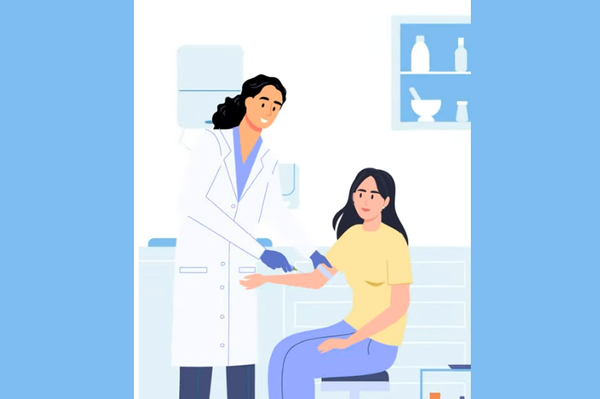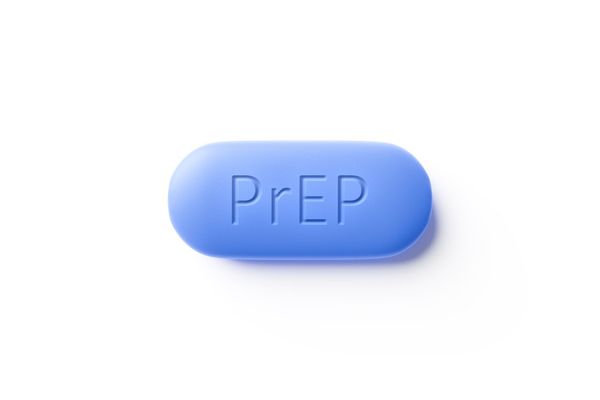Slide 1
Sex During Midlife: Protecting Yourself or Your Partner from HIV
How to talk to intimate partners about HIV
Slide 2
Major changes in midlife
Despite what people may think, many women over age 50 are interested in having sex. And midlife may mean new relationships and intimate partners. That means you need to protect yourself — and your sexual partners — from HIV.
1 out 3 women ages 50–64 are not in a committed relationship.
Slide 3
Recognizing the risks for HIV
It’s important to note that you can get an STI, including HIV, at any age.
Women over 50 are one of the fastest-growing groups with new HIV infections. Protecting yourself is essential.
Slide 4
Start with sharing
Before physical intimacy with a new partner, share your expectations.
Ask:
What are your safe-sex practices?
Have you been tested for STIs?
Treat previous partners or on-again, off-again partners like they’re new to you, too. Don’t let familiarity get in the way of safety.
Slide 5
Tips for talking
Explain your approach.
For example: “I get tested regularly, and I always use a condom.”
Being open about your safe-sex practices can help your partner feel connected instead of accused and encourage them to be open as well.
Slides 6/7
Defusing defensiveness
Conversations about safe sex or STIs may make your partner defensive. Some ways to make them feel comfortable:
- Provide facts
- Answer questions
- Offer to visit a clinic together for STI testing
- Get tested yourself
If the conversation is not going well, you can pause, walk away and follow up later — and think about whether this connection is worth keeping.
Slide 8
Safe sex is self-care
Use barrier methods like condoms and dental dams
Consider taking PrEP, a medicine that can prevent HIV infection
Ask about PEP if you have unprotected sex
Slide 9
Disclosing your status if you’re living with HIV
If you’re a woman living with HIV, conversations about sex can be challenging. Set your own timeline and practice what you’ll say.
In some states, the law requires that you disclose your HIV status before sexual encounters.
Slide 10
Satisfying and safe sexuality
Midlife can be full of new experiences and great connections. There might be awkward moments when discussing HIV, but they’re worth it for a satisfying and safe sex life now and in the years ahead.
This educational resource was created with support from Merck.
- Women Can Get HIV, Too. That’s Why They Need to Get Tested for HIV. ›
- HIV, Aging and Whole Person Care ›
- From Shame to Advocacy: My Decades-Long Journey Living — and Thriving — With HIV ›
- HIV/AIDS Support Group Finder ›
- Living with HIV: What Women Need to Know, as Told by Maria Davis ›
- HIV Testing: Knowing Your Status Can Save Your Life - HealthyWomen ›





